Army
How to play Army
- Position Your Units: At the start of each game, place your units on the grid strategically to control key areas.
- Roll the Dice: Combat is resolved by rolling dice, with the results determining the success of attacks.
- Plan Your Strategy: Use turns to move units, attack enemies, or reinforce positions.
- Defeat the Opponent: The goal is to outmaneuver and outlast the enemy forces to achieve victory.
Army Description
"Army" is a 1989 turn-based strategy game for DOS, developed by Dwain Goforth. In this German board game simulation, players command armies in a battle of strategy, planning, and luck. The game combines classic turn-based mechanics with the unpredictability of dice rolls, making each encounter a unique challenge. "Army" is a straightforward yet engaging strategy experience where every move and dice roll can turn the tide of battle.
The game is played on a grid-based map where players position their units, calculate moves, and engage in combat with enemy forces. The outcome of battles is determined by dice rolls, adding an element of chance that keeps the gameplay dynamic and unpredictable. "Army" is a testament to the strategic depth that simple mechanics can offer, with its blend of tactical decisions and the excitement of random chance.
Cheats/Hints/Walkthroughs for Army
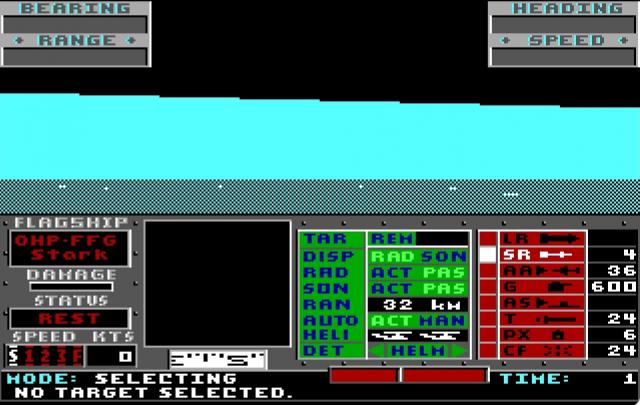
Army (1989): A German Turn-Based Strategy Game by Dwain Goforth
"Army," released in 1989, is a turn-based strategy game developed by Dwain Goforth that stands out as a unique entry in the realm of classic DOS games. This German title combines strategic warfare with the unpredictability of dice rolls, creating a challenging and engaging experience for players who enjoy tactical decision-making with a touch of randomness. Let’s delve into the details of this intriguing game, exploring its gameplay mechanics, historical context, and its place within the broader genre of strategy games.
Overview of Army (1989)
Army (1989) is set in a military environment where players take on the role of commanding officers tasked with leading their troops to victory. The game’s core mechanics revolve around strategic planning, resource management, and turn-based combat, where each move can be the difference between victory and defeat. The inclusion of dice rolls adds an element of chance, making each encounter unpredictable and requiring players to adapt their strategies on the fly.
Gameplay Mechanics
Strategic Planning and Unit Management:
At its heart, "Army" is a game about outmaneuvering your opponent. Players must carefully plan their moves, taking into account the positioning of their units, the terrain, and the strength of their forces. The game emphasizes the importance of unit management, where each type of unit has its own strengths and weaknesses. Success in "Army" depends on how well players can deploy their units to exploit the enemy's vulnerabilities while protecting their own assets.
Dice Rolls:
The integration of dice rolls is one of the most distinctive features of "Army." While strategic planning is crucial, the outcome of battles is partially determined by the roll of the dice. This mechanic adds a layer of unpredictability to the game, ensuring that no two battles are ever the same. The dice rolls can turn the tide of battle in unexpected ways, making the game both exciting and challenging. Players need to be prepared for the randomness that can either favor or hinder their plans.
Turn-Based Combat:
The game’s turn-based nature allows players to think through their moves carefully. Each turn, players decide the actions of their units, whether it’s moving to a better position, engaging the enemy, or fortifying defenses. The pacing of the game gives players the time to contemplate their strategies and anticipate their opponent's moves, making it a mentally stimulating experience.
The Historical Context of Army (1989)
"Army" was released during a period when strategy games were gaining popularity among PC gamers. The late 1980s and early 1990s saw a surge in games that required players to use their wits rather than reflexes, appealing to a demographic that enjoyed intellectual challenges. Games like "Army" catered to this audience by providing a deep and thoughtful gameplay experience.
In Germany, where "Army" was developed, the interest in strategy games was particularly strong. German game developers were known for their meticulous attention to detail and innovative gameplay mechanics, which is evident in "Army." The game's reliance on dice rolls is reminiscent of traditional board games, which were and continue to be highly popular in Germany. This blend of board game mechanics with digital gameplay made "Army" a unique offering at the time.
Similar Games and Legacy
For those who enjoyed "Army," there are several other turn-based strategy games from the same era that might pique your interest:
- "Panzer General" (1994): Another turn-based strategy game, this title focuses on World War II battles and offers a more extensive campaign and unit variety. Like "Army," it requires careful planning and strategic thinking.
- "Battle Isle" (1991): Developed by Blue Byte, this game also features turn-based combat and strategic gameplay, with a futuristic setting that contrasts with the military theme of "Army."
- "Risk" (PC adaptations): Based on the classic board game, "Risk" incorporates dice rolls in a similar manner to "Army," though with a focus on global domination.
- "Warlords" (1989): This fantasy-themed turn-based strategy game shares the same strategic depth as "Army" but with a focus on fantasy units and settings.
While "Army" might not have achieved the widespread fame of some of its contemporaries, it remains a notable example of early turn-based strategy games that combined digital gameplay with the randomness of dice rolls. Its legacy lies in its unique blend of strategy and chance, a combination that continues to influence game design in various forms today.
"Army (1989)" by Dwain Goforth is a fascinating entry in the world of turn-based strategy games, particularly notable for its incorporation of dice rolls to introduce an element of unpredictability into gameplay. The game challenges players to think strategically while also adapting to the whims of fate, making it a memorable experience for fans of the genre. Its place in the history of DOS games is secured by its innovative mechanics and the challenge it presents to those who seek both mental stimulation and a bit of luck on the battlefield.






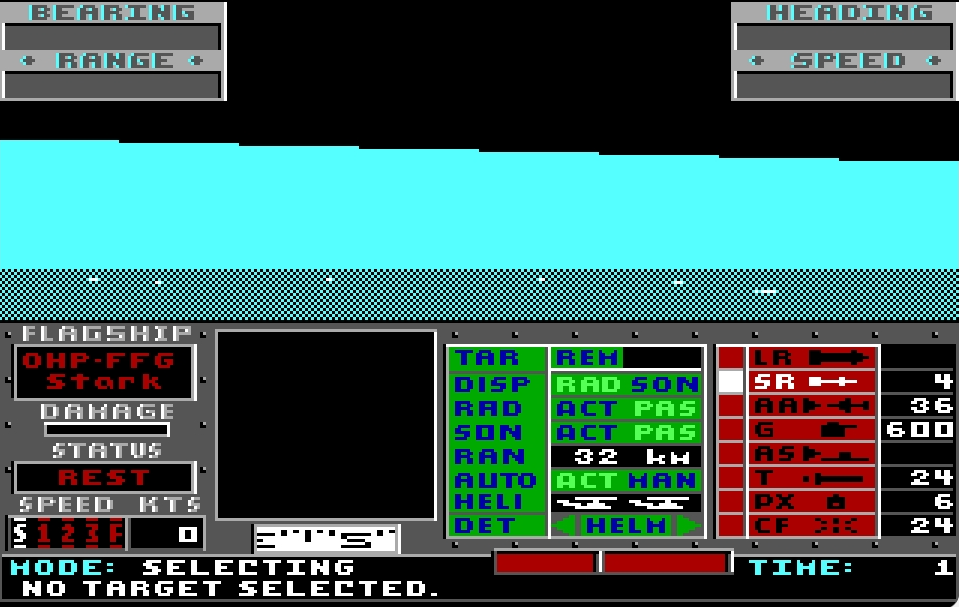

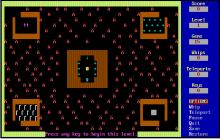

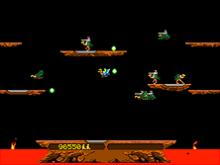


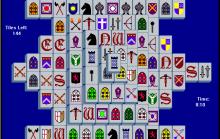
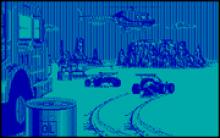

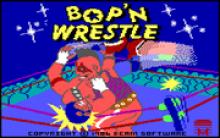
Write a comment